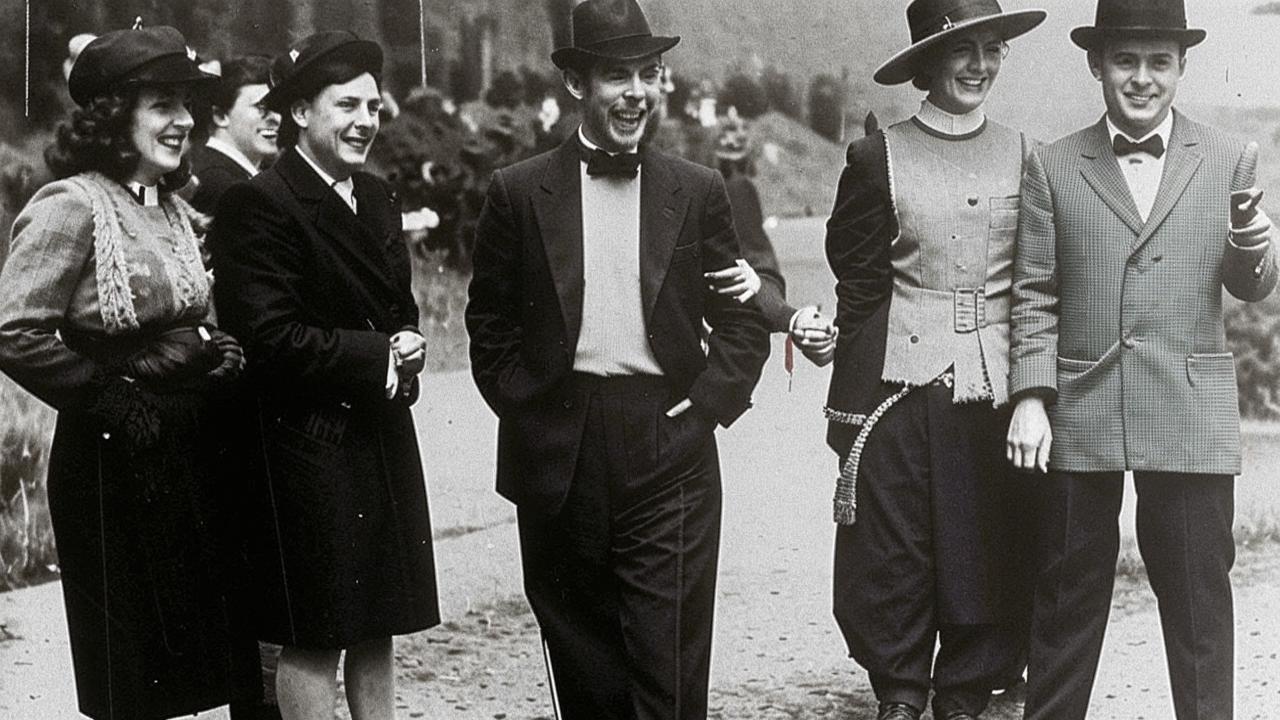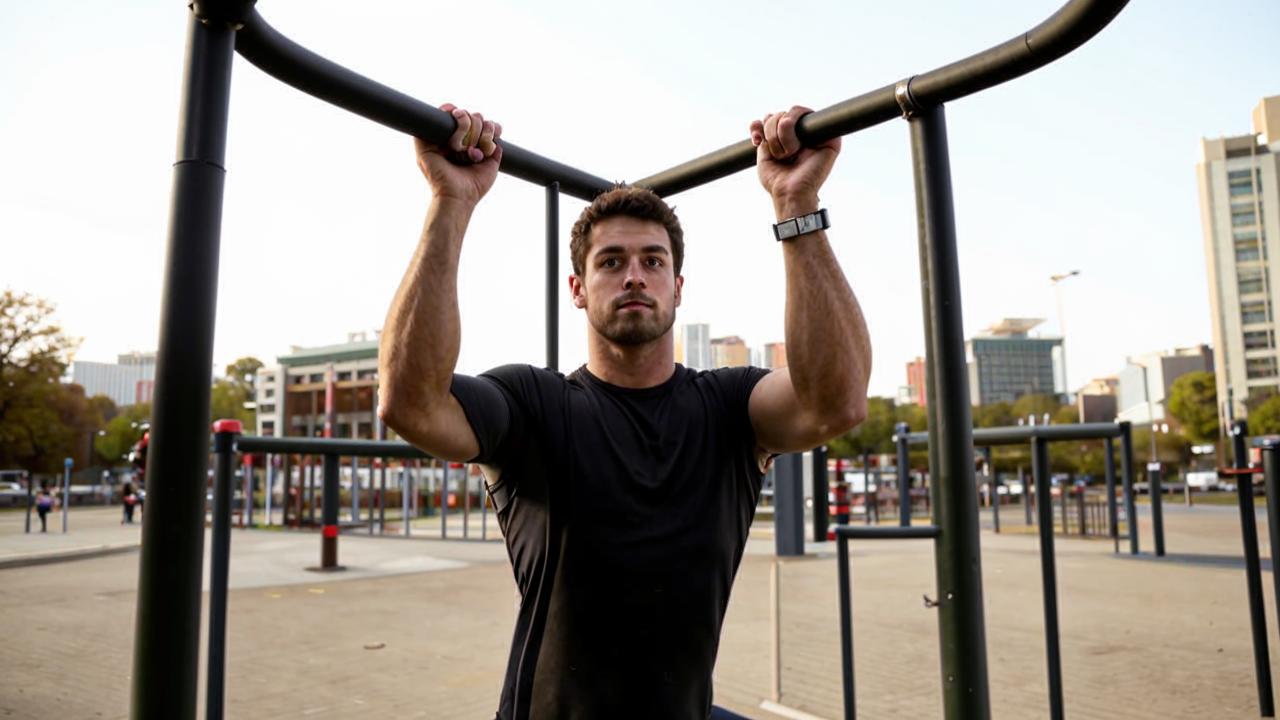It’s hard to overstate how important the thought process is to improving one’s athletic skills. But how do we figure out which thoughts help us and which ones hinder our progress?

Alexander Lunin
International Master of Sport in Practical Shooting
What to think about during training? And what thoughts should be avoided?
Thoughts should accompany us before, during and after training. Before you come to a training session, you should know exactly what skill you will train today, how exactly and what you should come to. Here’s how to do it.
At each class, you should understand exactly what you will be training, how and for what purpose. This is where all of your attention will be focused during the process. Each repetition you will analyze what worked and what didn’t and why.

All your thoughts should be focused on the process. You understand perfectly well that nothing will work at once, you need training, new strong myelin connections. Therefore, inside yourself you need to be ready to repeat the exercise again and again to improve.
Your whole inner you depends on the purpose of the workout. If you just want to run in the sunshine and enjoy yourself, why do you need to analyze every minute what angle you straighten your leg? Just run.
What you shouldn’t think about during your workout
It is strictly forbidden to humiliate and insult yourself. Yes, it didn’t work out today, it will work out tomorrow. If tomorrow does not work out, it will definitely happen someday. Yes, some people need more time, some need less time, this is not a reason to give up and scold yourself. Don’t dwell only on what didn’t work out in training. Voice everything that you were able to accomplish and improve.


Veronica Tyurina
psychologist-consultant in the sphere of interpersonal relations, coach
Not thinking is the best thing you can afford to do during training.
The training process in any sport is a special kind of active meditation in which the body moves by performing structured sequential actions in a certain rhythm. Often people use exercise as a means to escape from problems, to disconnect from them. And it really works, because you have to concentrate on the work of muscles and their condition, to follow the correct execution of the technique of exercises, to listen to the coach.

At this time, the brain switches to these tasks, which means that you have a chance not to think about unpleasant or painful things. By the way, the key here is not to think: it’s the best thing you can afford to do during your workout. Think of this time as a respite from the endless internal dialog that is inherent in our day.
Give yourself permission not to think about anything during your workout – just concentrate on your body and the sensations in your muscles. This has a great therapeutic effect, because this way you will learn to:
- track the moment of tension and relaxation;
- to help your body to relax in other tense moments of life;
- to listen and hear yourself, your body;
- take care of yourself – learn to harmonize your inner state through understanding and meeting your needs.






